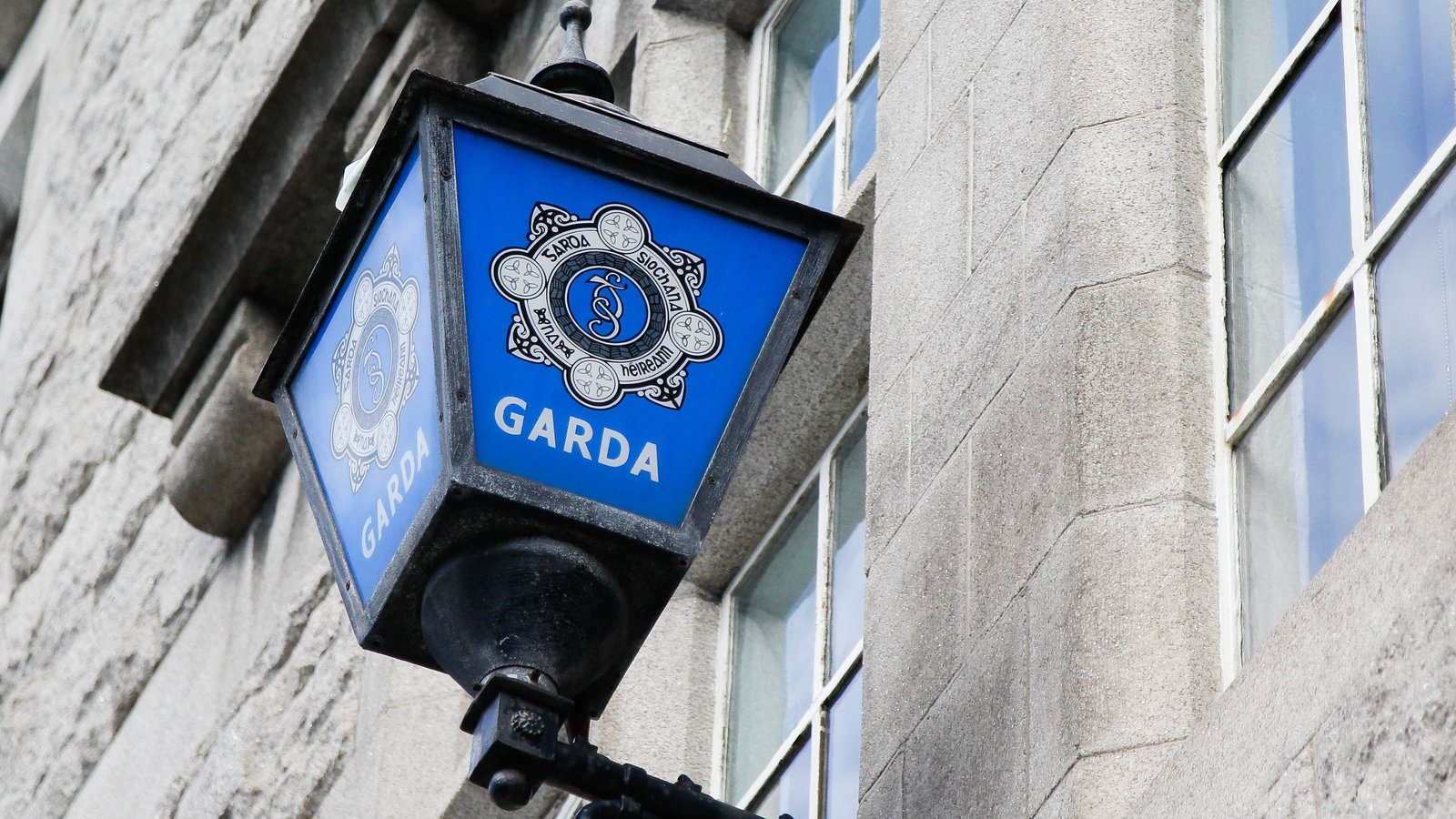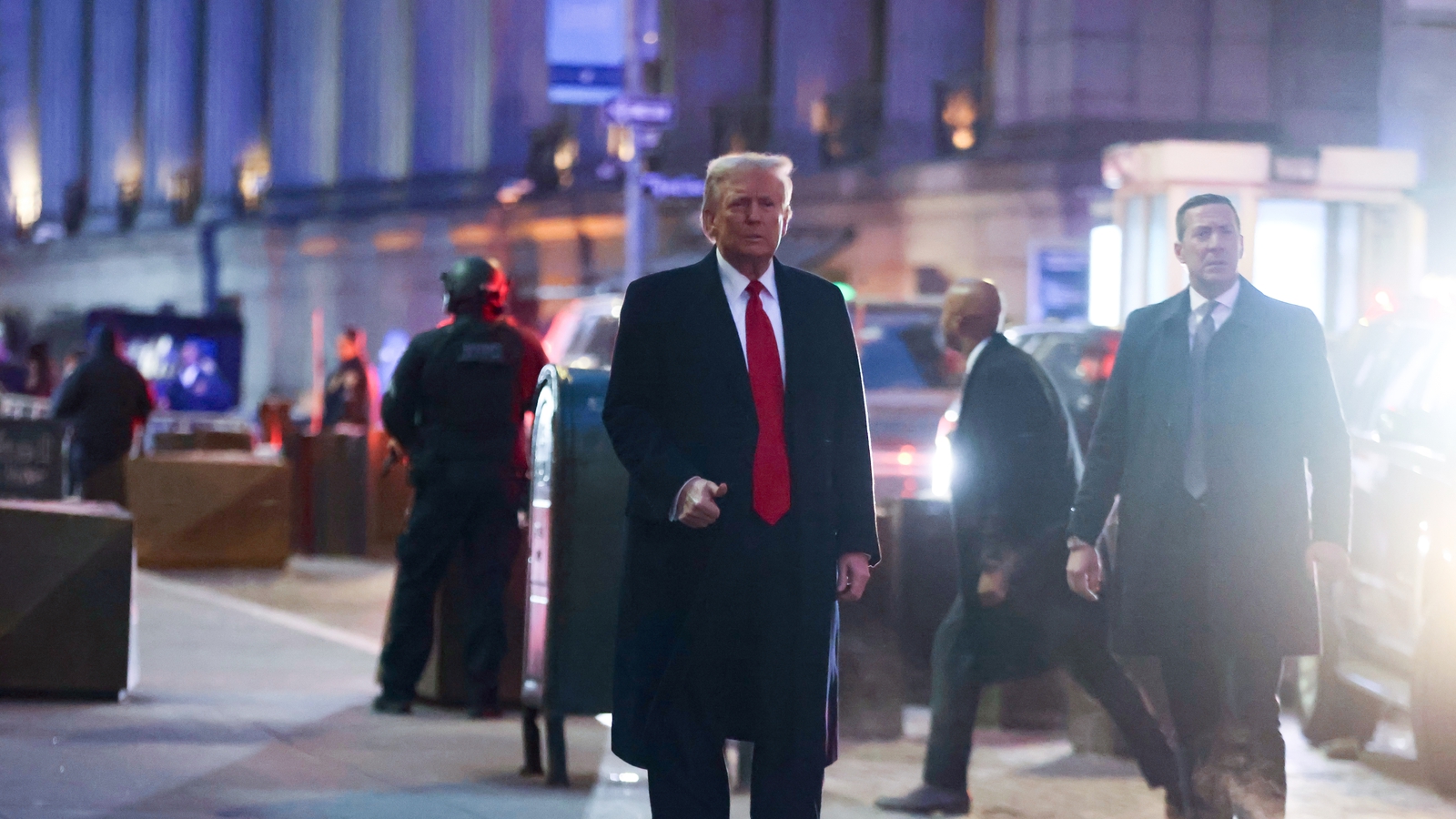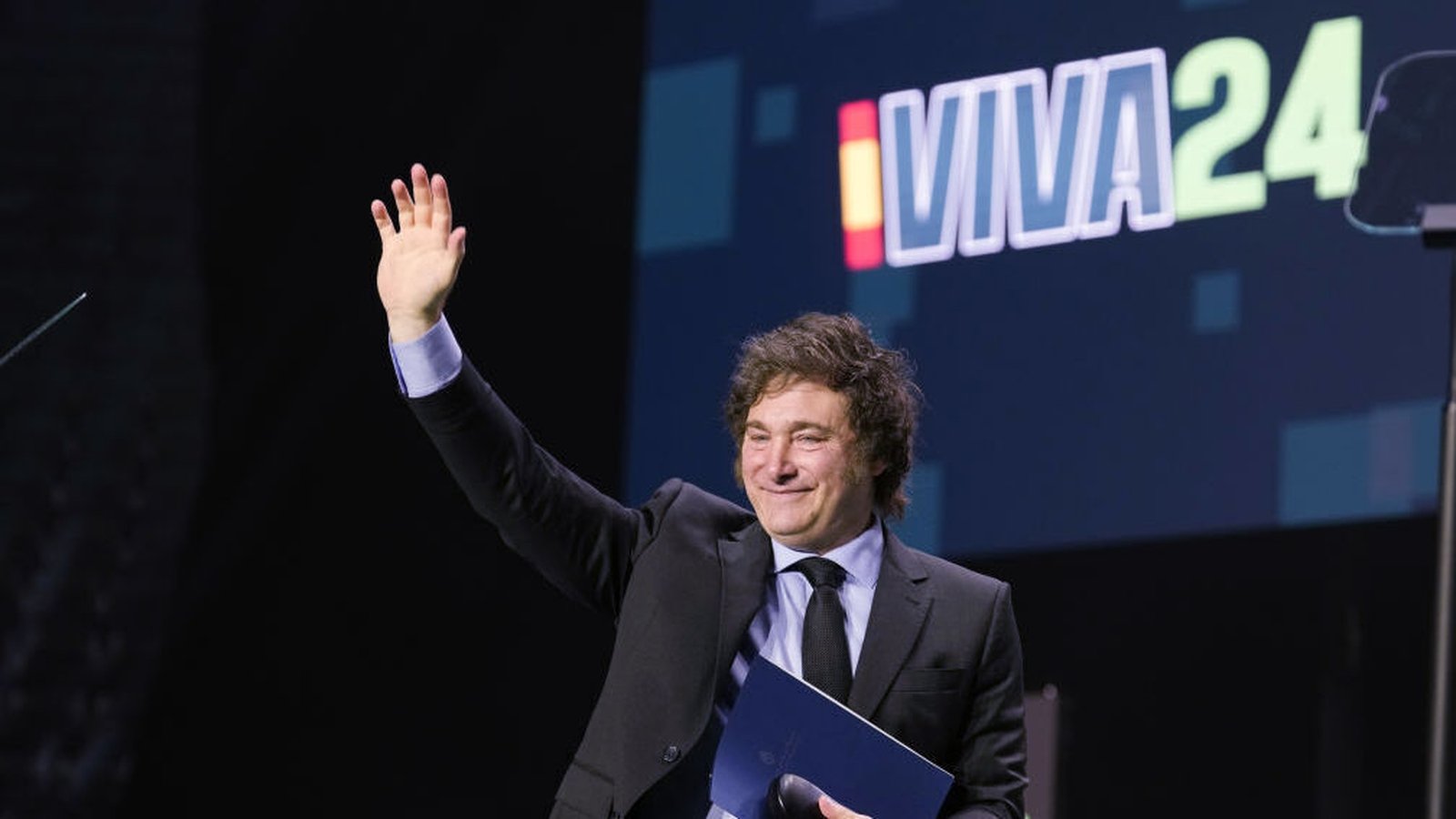FAI given hairdryer treatment by PAC over trust issues
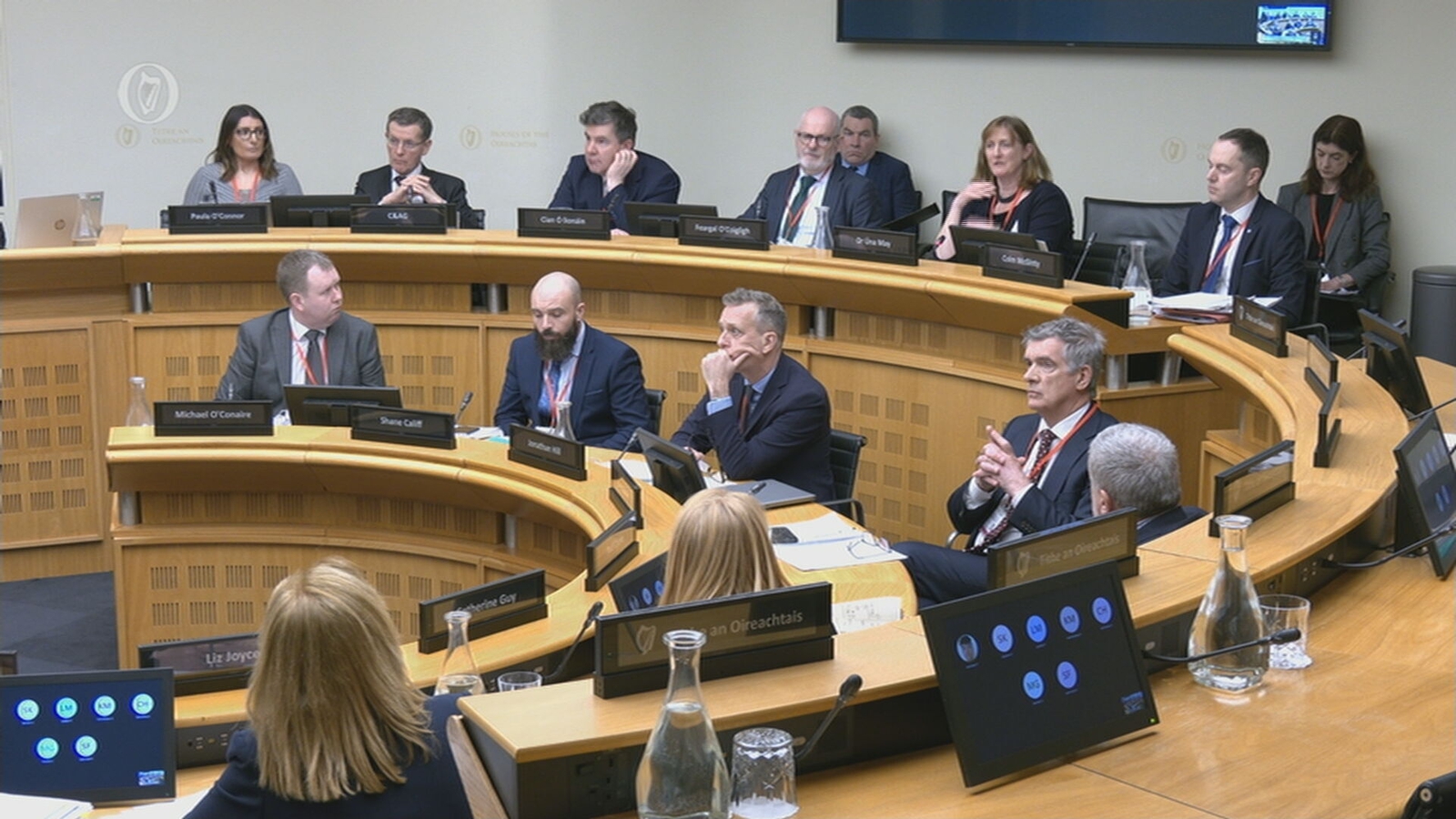
Another uneventful week in Irish football. Nothing much happened, nothing to see here, move along now please.
Except of course there was the Republic of Ireland women’s team playing Italy in Eileen Gleeson’s first game as full-time head coach, a game they probably should have won but a draw away from home against higher ranked opposition is no bad result, and continues the progress made since Ms Gleeson took over from Vera Pauw.
Two sold out Dublin derbies were the hottest tickets in town as Shelbourne – universally now known as “Damien Duff’s Shelbourne” – overcame the champions Shamrock Rovers in a compelling game at Tolka Park while Bohemians went to Inchicore and took home all three points against St Patrick’s Athletic. Galway and Waterford both won on the road as well as they visited Co Louth.
Perhaps though – for the future of Irish football – the most important single thing this past week was the launch of the Football Pathways plan which aims to put a structure on the game at all levels for the next 12 years.
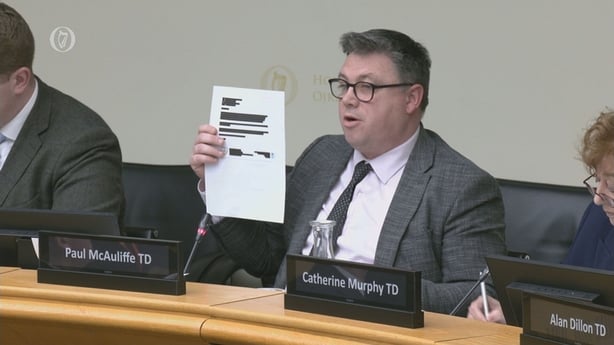
Association Football being the number one sport in the country with 225,000 registered players, 75 leagues and over 1,100 clubs.
A goal without a plan is just a wish, they say, so it is good to have a plan.
It is also good to have a genuine buzz around the women’s national team and domestic football.
But then the FAI had to go and spoil it all by saying something stupid like: “Can we negotiate the same for me please?! …question mark, exclamation mark.”
Chief executive Jonathan Hill’s throwaway line in an email to a junior member of staff – which he claimed was a joke – led to him receiving €11,500 in lieu of holidays not taken and his salary, exceeding that of a Secretary General, breached the terms of the Memorandum of Understanding (MOU) signed between Government and the FAI in 2020.
Cash strapped association
That MOU effectively bailed out the cash strapped association, but in return football’s governing body had to accept reform and in the wake of the disastrous Delaney era the new CEO really had only one job; stay squeaky clean and above reproach.
Mr Hill paid the money back in full, and also Benefit In Kind travel expenses, but his original story that the payment was not requested by him is hard to believe when the email chain (even heavily redacted) would suggest he knew all about it.
“Perfect”, he replied within a minute to an email from the then Director of Finance Alex O’Connell who said he was “trying to pay” the holiday money “as per your request’’.
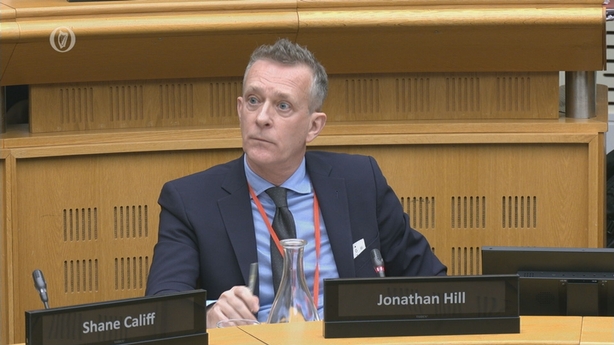
That payment did not come to light until the KOSI audit ordered by Sport Ireland, the statutory authority tasked with the development and oversight of sport in this country.
They did not emerge unscathed either from yet another visit to the Houses of the Oireachtas.
The revelation that Covid-19 grant aid was used to service a legacy capital debt – in clear breach of regulations – was another disastrous event for the FAI.
Deputy James O’Connor asked if Covid-19 funds were used by the FAI to pay off debt, which is not permitted under the terms of the Covid-19 resilience funding conditions.
FAI Director of Finance Dan McCormack revealed that around €1 million of Sport Ireland funding was used for capital debt repayment.
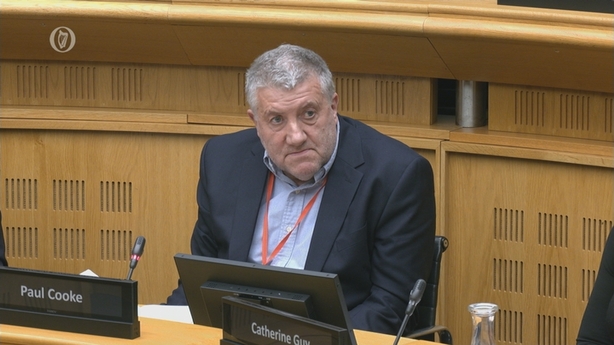
Sport Ireland CEO Dr Úna May was about to suggest that the wording of the guidelines for the Covid-19 Resilience Funding may have been open to interpretation until Mr O’Connor, reading from the very same guidelines declared, “pre-existing debts or deficits cannot be covered”.
A Sport Ireland source admitted to RTÉ that the funding guidelines and application process for Covid-19 funding may have been “clumsily written” but that the primary purpose of the grant aid was to prevent any sporting organisation from becoming insolvent.
The source added that the Government, and Sport Ireland auditors KOSI are 100% happy that money was not spent inaccurately.
The key issue
Trust is the key issue here. For an association that is asking Government for more than €500m of taxpayer money over the next 15 years it is imperative that Government, and indeed the general public, must be able to trust them.
That they did not even get around on the day to making their intended case for an increase in the betting levy from gambling that would benefit all sports is a sad indictment.
The FAI needs to have the confidence of Government now more than ever.
What we learnt in the committee room in the bowels of Leinster House is that FAI President Paul Cooke cannot even express confidence in his chief executive.
“My confidence has certainly been challenged by the events” he said.
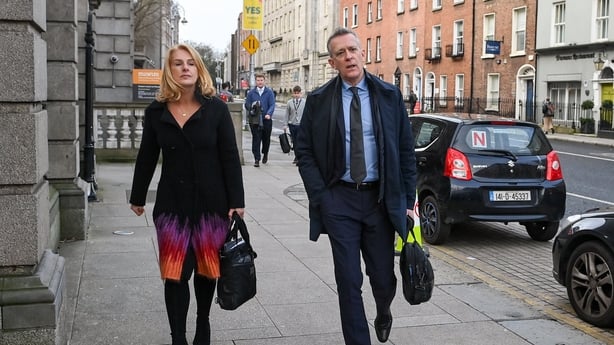
That is far from the ringing endorsement Jonathan Hill needed at that point although newly installed independent chair Tony Keohane did offer his backing while apologising to the House for the late arrival of opening statements and the redacted nature of email “evidence” due to “legal advice”.
This was not a good look for the association and suggested an old yet familiar power struggle ahead at boardroom level in Abbotstown.
So why did they not have all their ducks in a row? After all, the original Public Accounts Committee summons was for 1 February, and this delayed appearance at the FAI’s request was a full three weeks later. Perhaps the FAI was simply too busy.
The Football Pathways Plan mentioned earlier is an impressive document following on from over 11,000 hours of consultation with all strands of the game across the country.
Director of Football Marc Canham has been central to putting a shape on what the future of Irish football should look like.
At the same time as producing a solid framework, Mr Canham has also been central to the ongoing search for a new manager for the men’s senior team, or as they now like to call it a new head coach to succeed Stephen Kenny.
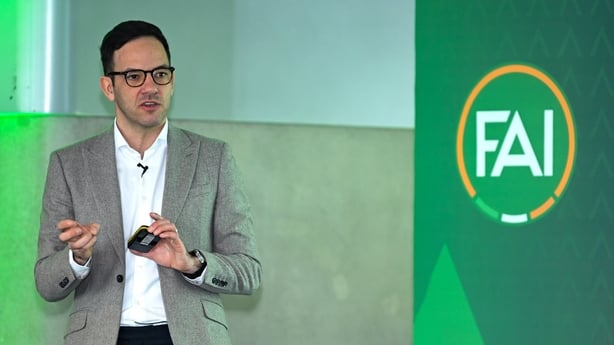
He also was responsible for Eileen Gleeson’s elevation from interim to head coach of the senior women’s team and that looks like a good call, so far.
Mr Canham, along with Jonathan Hill and board member Packie Bonner, have been interviewing candidates for the men’s job and have refined their search and whittled it down to a shortlist.
The announcement of a new manager is “imminent”, we are told, and a confident Mr Canham certainly seemed happy at the Aviva Stadium on Tuesday that due diligence was being observed and that they were going through the process of identifying and then announcing the successful candidate.
Trust the process
The question is though, can we trust the process?
Can an FAI that cannot express full confidence in its chief executive, a man who has had such an important role in the process of delivering a new manager, fully believe that all avenues were explored in order to find the right person to lead the senior team going forward.
There is little point in adding to the speculation about who it might be at this stage because, to be fair, there have been remarkably fewer leaks out of Abbotstown in relation to this than in previous manager hunts. Everyone knows that Bob Paisley was meant to be Jack Charlton.
The halcyon days of arriving to a Heathrow Airport hotel to discover the FAI Board interviewing candidates including Mick McCarthy and Joe Kinnear or being on the same flight to Birmingham and see Steve Staunton waiting to whisk John Delaney away to Walsall to hammer out a deal to make him Ireland manager form part of my career highlights.
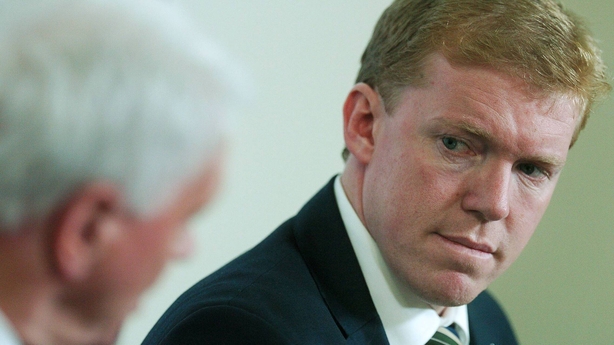
Giovanni Trapattoni’s announcement as new boss along with Marco Tardelli and Liam Brady; Martin O’Neill and Roy Keane’s unveiling; Mick McCarthy’s second coming along with Robbie Keane and Stephen Kenny.
These were all monumental events, “show biz baby!”, and served to amuse, amaze and distract the nation from what was really going on in Irish football which was not very much.
Betting companies have promoted several candidates in their own interests this time around but only Neil Lennon and Gus Poyet have been quoted directly about the job. Everything else is conjecture.
Maybe we have to get used to the fact that the next manager, Lee Carsley or whomever it could be, might not be a showbiz manager but might be a head coach who can get the best out of a new crop of Irish players with potential, such as Evan Ferguson.
The new gaffer must get the players onside quickly, but also the nation as well.
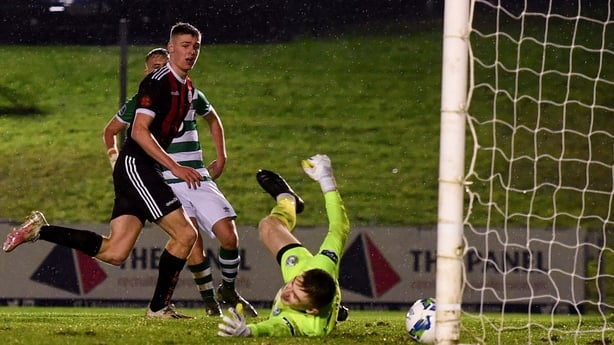
He or she has to have coaching nous as well as inspirational and motivational qualities to have the power to drag us all from the doldrums. Make us trust the process. Not an easy task.
The historical perception of the FAI has rarely been positive but the obvious lack of trust currently by the public, the Government, the business and the football communities in the sport’s leaders has made a Messiah’s job even more difficult.
It was Declan Lynch of Hot Press who came up with a sadly enduring description of the Football Association of Ireland as, “the dysfunctional sporting body other dysfunctional sporting bodies refer to as ‘the Galacticos’”.
This week’s shenanigans, despite their best laid plans, has been another own goal.


